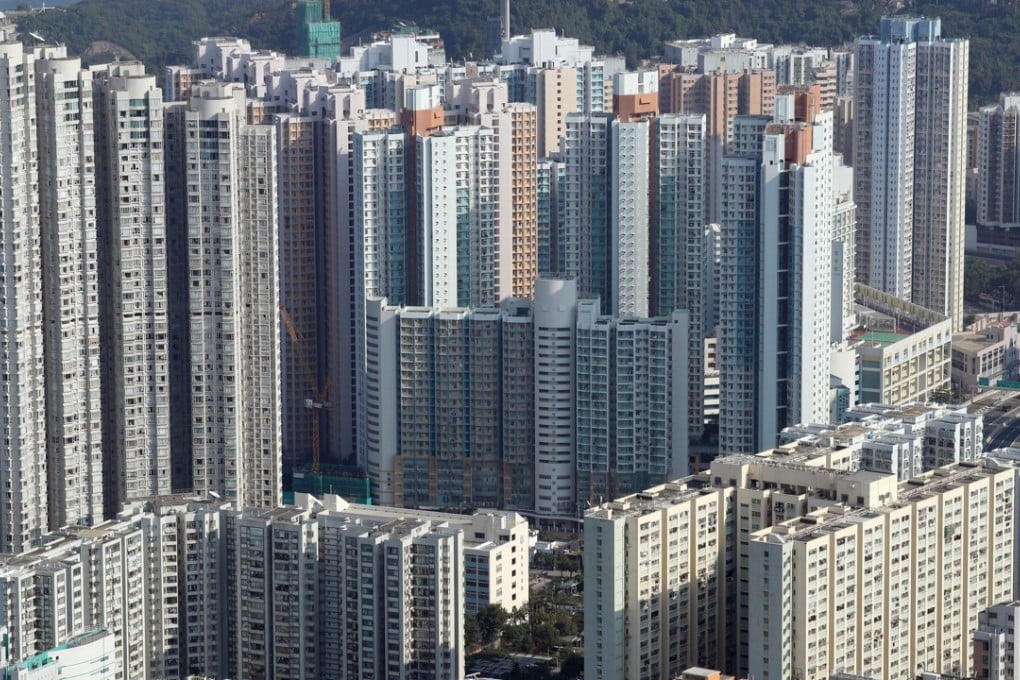Advertisement
Hong Kong developers use wads of cash to skirt mortgage rules and salvage sales
Homebuilders have stepped in to provide mortgage funding as banks tightened lending to rein in skyrocketing prices
Reading Time:4 minutes
Why you can trust SCMP

Cooling measures? What cooling measures?! If there were any, the property markets in Hong Kong and China do not seem to have noticed them.
Developers in Hong Kong either have the financial strength not to be bothered by the lending restrictions or have the means to support home buyers with funding.
On Monday, Vanke Property (Overseas) surprised the market when it announced that it would use the funds it had set aside to buy land to provide mortgages to home buyers of its first project in Hong Kong. The company is the Hong Kong-listed arm of the mainland’s second-largest developer by sales, China Vanke.
Advertisement
The change not only underscores the easy credit available, but also how difficult it is for Hong Kong regulators to restrict lending to developers as a way of reining in skyrocketing prices, which are already the world’s highest.
Watch: Why is Hong Kong housing so expensive?
Advertisement
Advertisement
Select Voice
Choose your listening speed
Get through articles 2x faster
1.25x
250 WPM
Slow
Average
Fast
1.25x